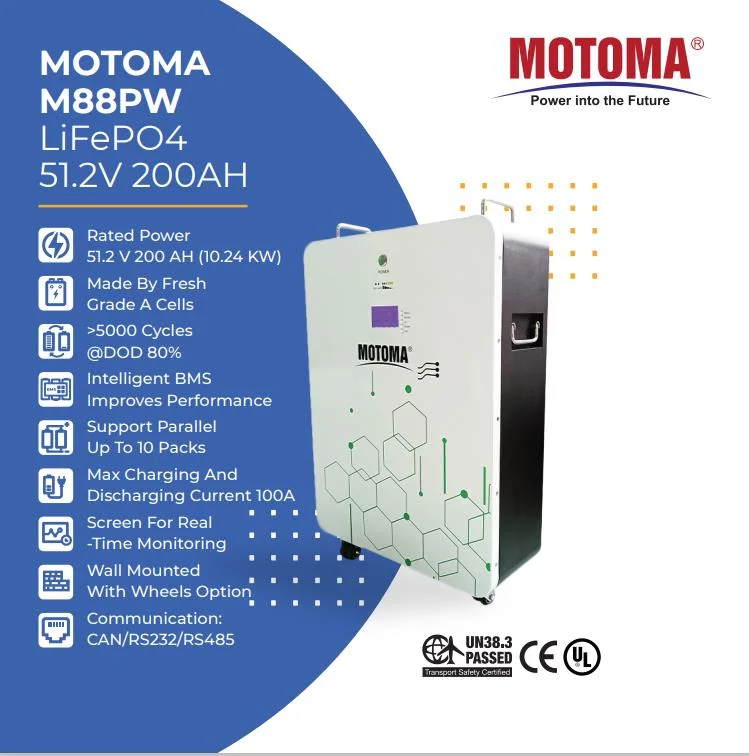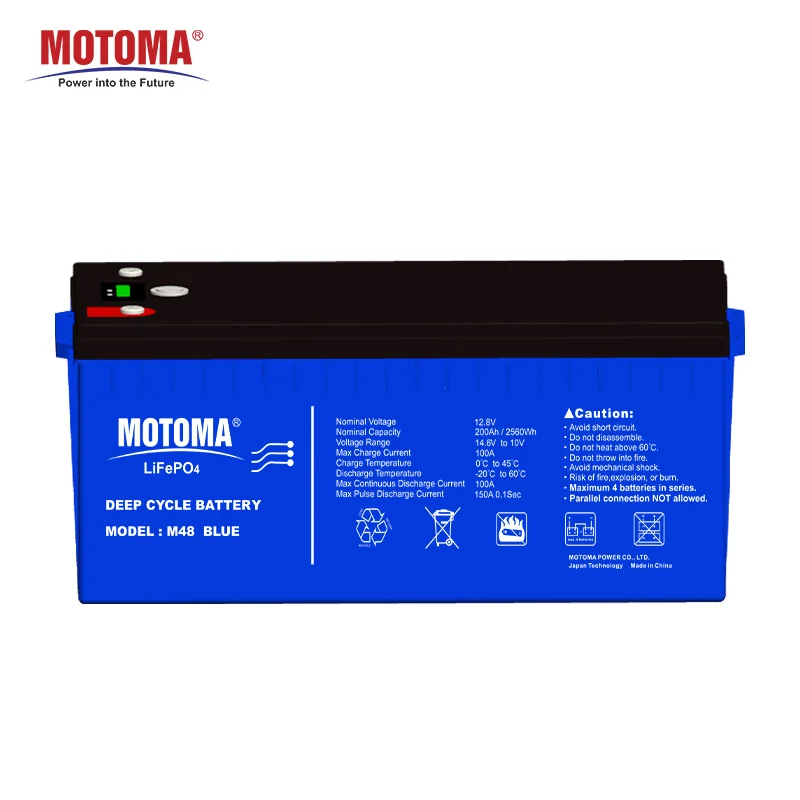Many solar power users are disappointed in the short battery life of their energy storage systems and yearn for something that will provide more sustainable, long-lasting power to their homes or businesses. The LifePO4 Battery Energy Storage System (BESS) was developed in response to this need and has the potential to revolutionize how we look at power storage completely. But before you invest in this new battery system, it’s essential to understand what it can do and why you should use it to replace your current energy storage technology. We’ll cover all of that below!
What is a Battery energy storage system (BESS)?
Battery Energy Storage Systems (BESS) are rechargeable batteries that store energy from solar arrays or the electric grid and provide that power to a home or business. When power is required most. During a Blackout/grid failure or no energy is produced by solar panels during the nighttime.
Battery storage technologies are essential to speed up the replacement of fossil fuels with renewable energy. Battery storage systems will play an increasingly pivotal role between green energy supplies and responding to electricity demands.
What Is LiFePO4?
The LifePO4 is a rechargeable battery that offers many benefits over traditional lead-acid batteries. It has a longer lifespan, meaning you won’t have to replace it often. It can be discharged and recharged more than a lead-acid battery.
LiFePO4 Batteries are made with lithium iron phosphate, making them more stable and safer than other lithium-ion batteries. Its chemistry is more durable and less likely to explode or catch fire. Plus, they’re environmentally friendly because they don’t use toxic materials.
LifePO4 batteries are quickly becoming famous for those looking for an energy storage solution that is both long-lasting and sustainable. And it’s no wonder these batteries offer several advantages over other types of batteries on the market.
Why is battery storage essential, and what are its benefits?
Battery Energy Storage Systems (BESS) store generated electricity when it is readily available, typically from a renewable energy system, storing it for you to use later, even when the sun isn’t shining, or the wind has stopped blowing. Battery energy storage systems are considerably more advanced than batteries. Battery storage technology is vital in ensuring that green energy can power homes and businesses.
Energy storage can be helpful for people who generate their renewable energy, as it allows them to use more of their low-carbon power.
How to choose the right Battery Energy Storage System (BESS) for you?
When choosing your solar power system, there are a few things you’ll want to keep in mind. First, consider the overall size of the BESS. You’ll want to ensure it’s large enough to store energy. Second, take a look at the BESS voltage. You’ll want to make sure it’s compatible with your solar system.
LifePO4 BESS is compatible with almost all existing solar inverters on the market, so you won’t need to replace your entire system if you want to switch over. Check our website for more information on this innovative technology called the best battery by many renewable energy experts worldwide!
Live confidently with DIY installation instructions.
You’ll need a reliable and sustainable energy storage solution if you’re looking to install a solar power system at your home or business. The LifePO4 BESS is perfect for this purpose, as it is designed to last for years with minimal maintenance required. Plus, with our easy-to-follow DIY installation instructions, you can confidently install your solar power system without professional help.
When choosing a battery energy storage solution for your solar power system, it’s essential to do your research and read reviews from people who have used the products you’re considering. That’s why we’re taking a closer look at the LifePO4 Battery Energy Storage System (BESS), which has received rave user reviews.
Are you looking for a long-lasting and sustainable energy storage solution for your solar power system? Look no further than the LifePO4 BESS!
If you’re looking for a battery energy storage solution that is both long-lasting and sustainable, look no further than the LifePO4 Battery Energy Storage System (BESS). These BESS are made with exceedingly high-quality standards, so you never have to worry about them failing. They are specifically designed to work with solar power systems, making them the perfect choice for those looking to go green.
The LifePO4 Battery Energy Storage System (BESS) is a long-lasting and sustainable energy storage solution for your solar power system.





